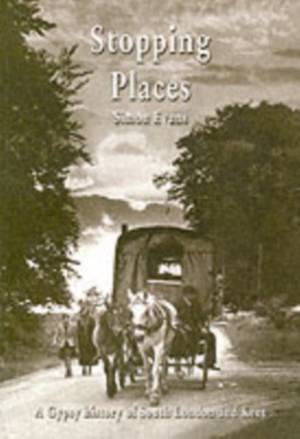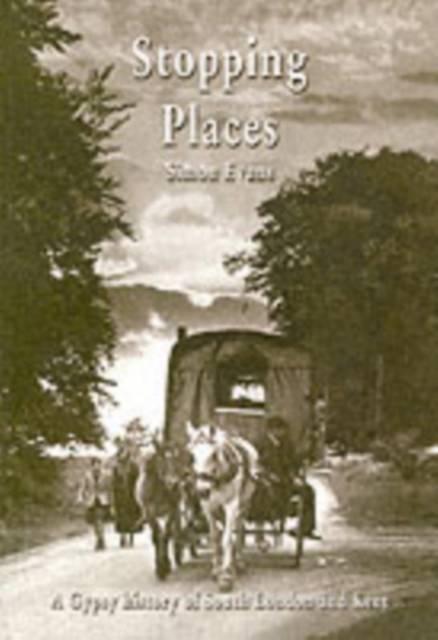
Bedankt voor het vertrouwen het afgelopen jaar! Om jou te bedanken bieden we GRATIS verzending (in België) aan op alles gedurende de hele maand januari.
- Afhalen na 1 uur in een winkel met voorraad
- In januari gratis thuislevering in België
- Ruim aanbod met 7 miljoen producten
Bedankt voor het vertrouwen het afgelopen jaar! Om jou te bedanken bieden we GRATIS verzending (in België) aan op alles gedurende de hele maand januari.
- Afhalen na 1 uur in een winkel met voorraad
- In januari gratis thuislevering in België
- Ruim aanbod met 7 miljoen producten
Zoeken
€ 25,95
+ 51 punten
Omschrijving
The story of the enforced settlement of Gypsy travelers in southeast England, whose nomadic lifestyle ended when they were moved to concrete ghettos of local-government-run caravan sites following the 1968 Caravan Sites Act, is told in this textual and visual rendering. The seasonal work harvesting fruit and vegetables that attracted Gypsy families who lived in "bender" tents and traveled in horse-drawn wagons to Kent dried up in the post-World War II era when mechanization reduced the need for labor. Historical accounts, primary sources, and stories told by Gypsies provide an intimate picture of the cultural and social impact of this transition and the loss of identity that struck members of this rarely documented ethnic group.
Specificaties
Betrokkenen
- Auteur(s):
- Uitgeverij:
Inhoud
- Aantal bladzijden:
- 176
- Taal:
- Engels
Eigenschappen
- Productcode (EAN):
- 9781902806303
- Verschijningsdatum:
- 1/10/2004
- Uitvoering:
- Paperback
- Formaat:
- Trade paperback (VS)
- Afmetingen:
- 172 mm x 245 mm
- Gewicht:
- 453 g

Alleen bij Standaard Boekhandel
+ 51 punten op je klantenkaart van Standaard Boekhandel
Beoordelingen
We publiceren alleen reviews die voldoen aan de voorwaarden voor reviews. Bekijk onze voorwaarden voor reviews.









